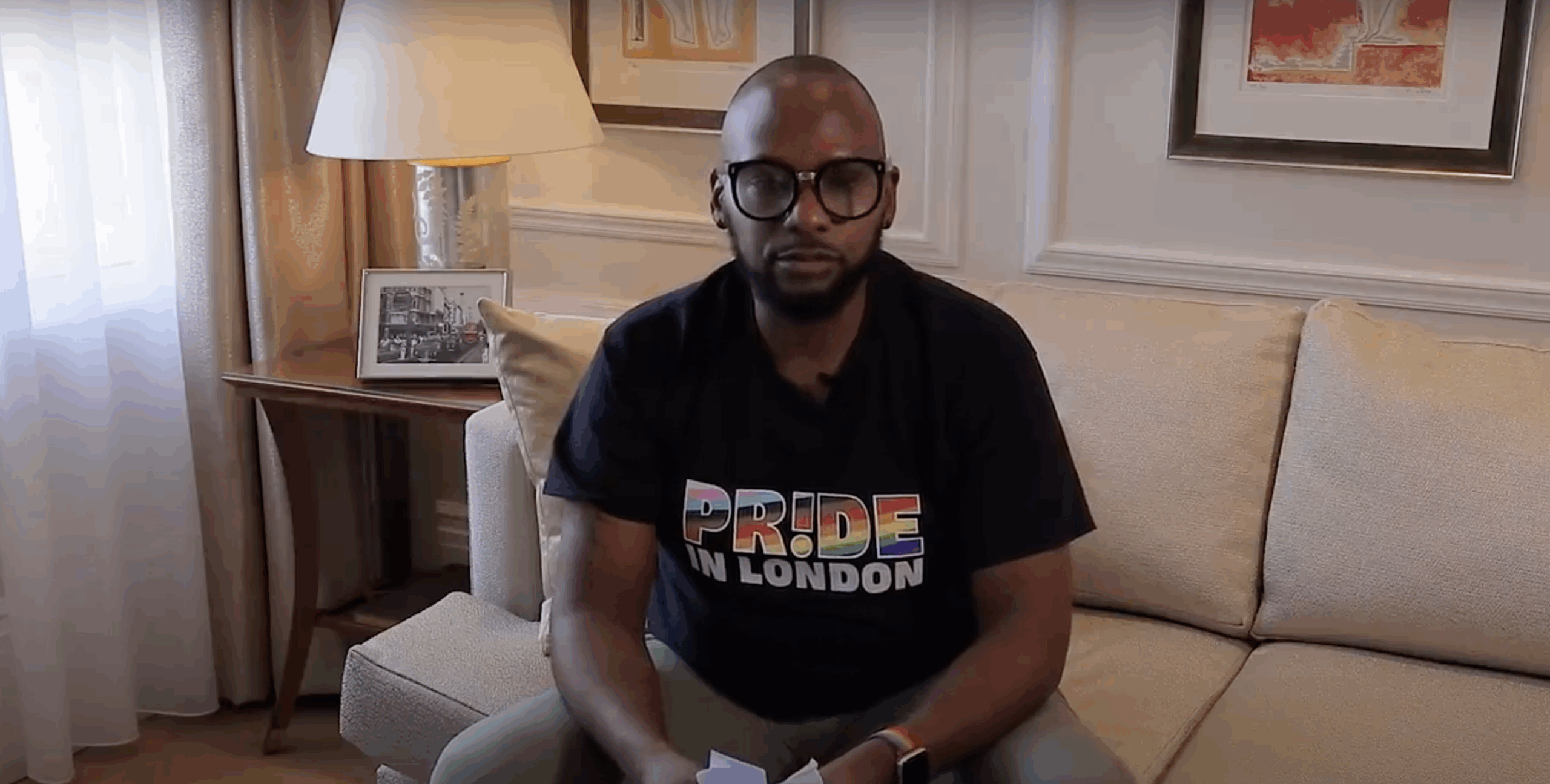
Barbados Repeals Laws That Criminalise Gay Sex

Barbados has repealed laws that criminalise gay sex, issuing a landmark judgment under the High Court that has seen the country become the third nation in the Caribbean region to enact this year.
UNAIDS Regional Director for Latin America and the Caribbean Luisa Cabal called this a ‘historic decision” which was a “significant step towards protecting the human rights and dignity of LGBT people in Barbados.”
“It will also strengthen the country’s HIV response by helping to reduce stigma and discrimination faced by LGBT people and increasing the uptake of HIV testing, treatment and prevention services,” Cabal said.
The ruling that was issued on Monday by the Barbados High Court is crucial in Caribbean history which has seen colonial-era laws criminalising same-sex relationships while transgender people have no legal recognition.
Discrimination, Violence, and Prejudice Against LGBT People Documented
In a press statement released by UNAIDS, “Under section 9 of the Barbados Sexual Offences Act, punishment could lead to life imprisonment for men engaging in same-sex sexual activity.”
The statement continues, “UNAIDS Under section 12, both men and women were criminalised and liable to up to 10 years imprisonment. Laws that punish consensual same-sex relations, in addition to contravening the human rights of LGBT people, act as a barrier to improving health outcomes, including in the HIV response.
“Such laws sustain stigma and discrimination against LGBT people and stop LGBT people seeking and receiving healthcare for fear of being punished or detained. Decriminalisation saves and changes lives and builds stronger societies.”
In 2018, a report by Human Rights Watch (HRW) documented discrimination, violence, and prejudice against LGBT people in seven island nations in the Eastern Caribbean, including Barbados, which included the criminalisation of gay sex.
A more recent statement by HRW condemned the criminalisation of same-sex intimacy, stating that such legislation was in violation of international standards, including “the human rights to privacy and to be protected against arbitrary and unlawful interference with, or attacks on, one’s private and family life and one’s reputation or dignity.”
Six Caribbean Countries Still Criminalise Gay Sex
In addition to the repeal of the discriminatory legal provisions in Barbados, UNAIDS referenced courts in Antigua, St Kitts, Barbuda, and Nevis that overturned unconstitutional laws which criminalised men who engaged in sexual relations with other men.
There are currently six countries in the Caribbean that criminalise gay sex between consenting adults, all of them former British colonies. According to UNAIDS, the countries are Dominica, Grenada, Guyana, Jamaica, St. Lucia, and St. Vincent and the Grenadines.









